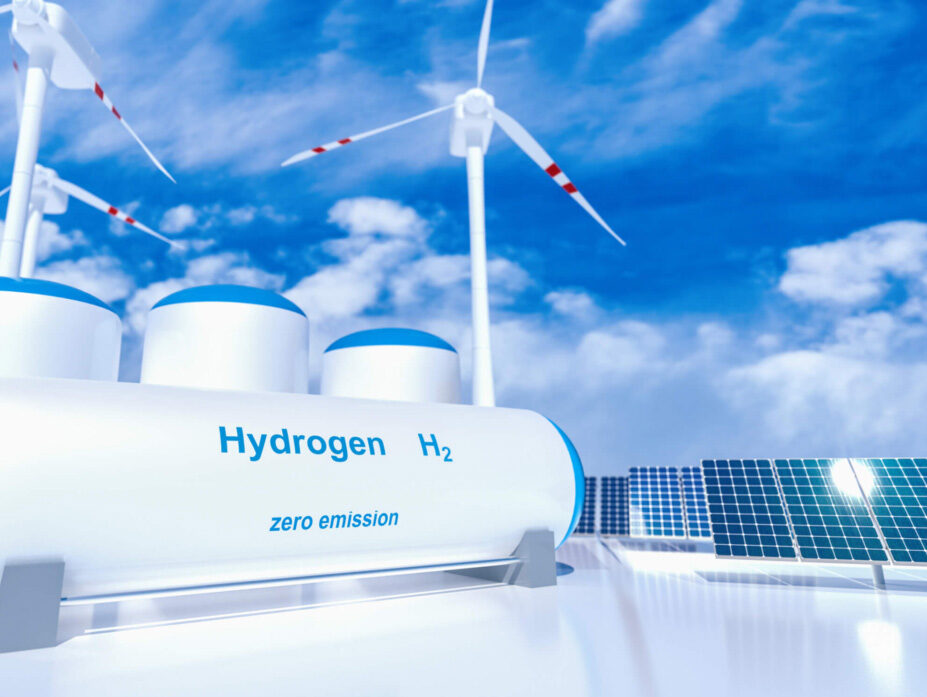CCUS
Houston is an ideal city to develop CCUS technologies and to implement them at scale.
We are committed to working alongside the business community, stakeholders, elected officials, and community members to identify and accelerate solutions to take on the dual challenge of meeting the world’s increasing energy needs while simultaneously reducing CO2 emissions. No other city in the world is better positioned or equipped to lead this challenge.
HETI has established working groups to advance efforts within several sectors where Houston has a strategic advantage. These active sector-specific working groups are:
Houston is an ideal city to develop CCUS technologies and to implement them at scale.
The Texas Gulf Coast region is the world’s leading hydrogen system, producing a third of the nation’s hydrogen gas annually.
We will create an environment that invests in the development of a wide range of value chains.
Houston can lead the world in pathways to decarbonize hard-to-abate sectors that deliver affordable and reliable low-carbon energy and products while driving sustainable economic growth and creating skilled jobs across the region.
We are analyzing electrification through the energy transition in greater Houston to develop supply-demand insights that will enable sustainable growth for a resilient and low-carbon regional electricity grid.
Carbon Capture, Use and Storage, or CCUS, is the process of capturing the CO2 that is emitted from sources like power plants, refineries, steel mills and cement factories. The captured CO2 can be transported and either used to create value added products, or stored deep underground safely and permanently. Experts worldwide cite CCUS as critical to any realistic strategy for achieving a net-zero emissions energy system and meeting the climate goals set by the 2015 Paris climate accords.
Given our existing CO2 infrastructure, large concentration of stationary source emissions and ready access to underground storage reservoirs, Houston is an obvious place to develop CCUS technologies and to implement them at scale. We must identify and remove barriers to CCUS deployment in Houston.

The Texas Gulf Coast region is home to the world’s leading hydrogen system, producing approximately a third of the nation’s hydrogen gas annually. The region also encompasses a network of 48 hydrogen production plants supported by over 900 miles of hydrogen pipelines, which is more than half of the U.S.’s hydrogen pipelines and one-third of the world’s hydrogen pipelines. Led by the Center for Houston’s Future, this working group is creating the ecosystem needed for Houston to become a leader in the clean hydrogen market. We must assess the economic potential and environmental impact of clean hydrogen on Houston.

The business models needed for a low-carbon future will be driven by a combination of factors, including technological breakthroughs, business model innovation and government policies. Houston is creating an environment that encourages investment in a wide range of energy value chains. This includes everything from more efficient, lower-carbon production of existing resources to technological breakthroughs in energy efficiency, renewables, energy storage, and nature-based solutions. Innovative startups will become an essential part of our growing energy transition ecosystem and our region will pave the way for emerging new energy technologies.
Creating this environment will ensure a consistent flow of capital into the region—tapping sources and financing models ranging from venture capital to growth capital, to debt markets and government grants. To catalyze investment in the energy transition, we must bring all sources of capital to Houston and grow the region’s energy transition finance market.

As one of the largest industrial complexes in the nation, the Houston region has the opportunity to lead the world in pathways to emissions reduction in sectors like petroleum refining, chemicals and petrochemicals production, transportation, and manufacturing. To do this, we must develop a roadmap with a unified narrative and vision to illustrate how decarbonization of Houston’s industrial processes can create positive environmental and economic benefits for the region.

The energy transition requires new thinking about energy production, transmission and distribution. Houston possesses the required underlying backbone for large-scale deployment of critical energy transition and industrial decarbonization projects with its leading chemical and advanced materials expertise, large-scale manufacturing capabilities, and industrial port area. Power management solutions represent another priority in the Houston energy transition strategy, with anticipated changes in supply and demand of electricity associated with proposed energy transition and decarbonization projects in the Houston region. We must assess the impact of energy transition and decarbonization on the growth and resilience of Houston’s regional power grid and the transmission and distribution of energy.

We want to hear from you. Get in touch for all the latest information and join the conversation.
Contact us